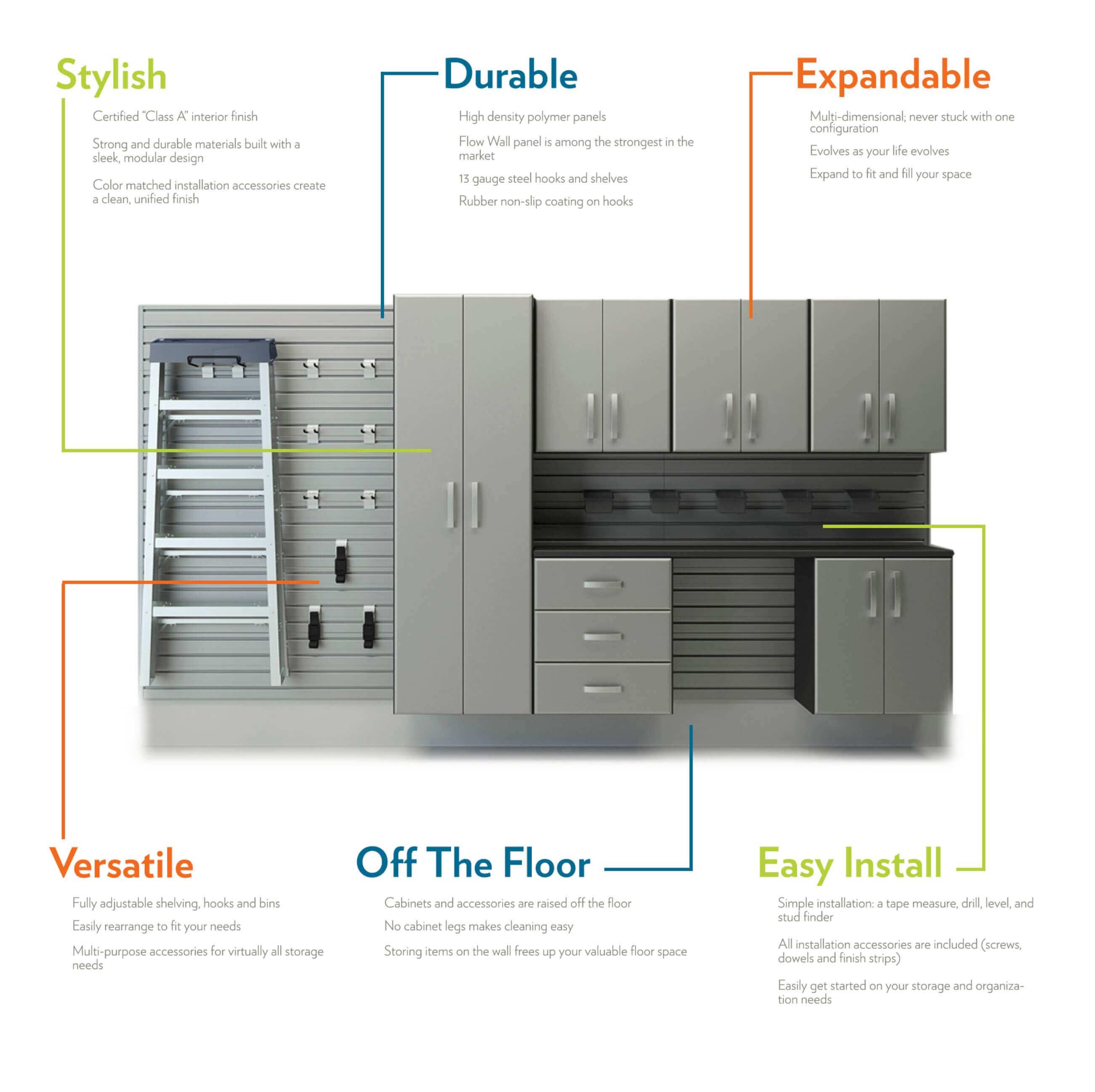Many people aspire to build a home brewery, but doing so can seem daunting at first. The amount of space needed quickly rules out setting up shop in your kitchen, while basements and attics don't offer enough ventilation to mitigate the inevitable high heat. In an attempt to overcome these obstacles, many people have taken to their garages to brew beer — and with the proper preparation, you can too.
Getting the Garage Ready
Before you start conconting home-brewed pale ales and pilsners, prep your garage. The goal is make sure your garage offers the conveniences that will make this hobby enjoyable and safe.
A Clean, Clear Area
The beautiful thing about nano-breweries such as these is that they can be as large or as small as you'd like them to be. While a high production volume might require clearing out the entire garage, a small brewing space will merely take up a single corner. As making beer requires a lot of heat (and some very heavy and potentially damaging equipment), you'll want to move any valuable items you have stored in your garage completely out of the way.
A Handy Source of Water
Brewers often elect to add basic plumbing to their garages, since lugging water from inside the house can get incredibly tedious. Between cleaning, rinsing, handling grain, chilling wort and soaking equipment, every gallon of beer made can require up to five gallons of water to produce, so it pays to have an accessible, unlimited supply. When choosing a sink to add to your garage, keep it simple: It only needs to be deep enough to accommodate your brewing equipment.
Storage and a Workspace
You will also need to make sure you have plenty of quality shelves and cabinets to keep everything off the floor and organized — finding a tool when you need it is crucial during a process as delicate as brewing. Consider keeping the most imperative items on wall hooks set up right by your brewing pots to make grabbing something quickly even easier.
Ample Ventilation
Home breweries and high temperatures go hand in hand, so ventilation is incredibly important as well. Luckily, most garages are situated in such a way that doors or windows can be easily opened to provide this. You will also need to make sure you have adequate lighting and plenty of outlets, so wiring extra electricity into your brewery space is a good idea in the long run as well.
Extra Amenities
Last but not least, you may want to splurge on some big-ticket items like a draft beer fridge or a keg rack. They'll help you enjoy the results of your work even more.
Buying the Brew Gear
Your brewing tools will multiply as you become more comfortable with the craft, but there are a few items that you'll need to have on hand to start with. Here's your basic shopping list:
- Brew kettles for boiling beer
- Fermenters to keep dirt and bacteria out of your beer
- Straining tools for removing grains and hops
- Bottling equipment
- Wort chillers, which are copper coils that go into unfermented beer (called wort) to sterilize it toward the end of the boil
- Hydrometers to measure the density of the beer before and after fermentation
- A food-grade thermometer
- A few stirring paddles
- Measuring cups
- A sanitizer made specifically for brewing
Creating a brewing space in your garage requires a bit of renovation, but it's a fantastic way to facilitate a new hobby and add value to your home. Did we mention your homemade beer will also impress your friends the next time you're entertaining?

